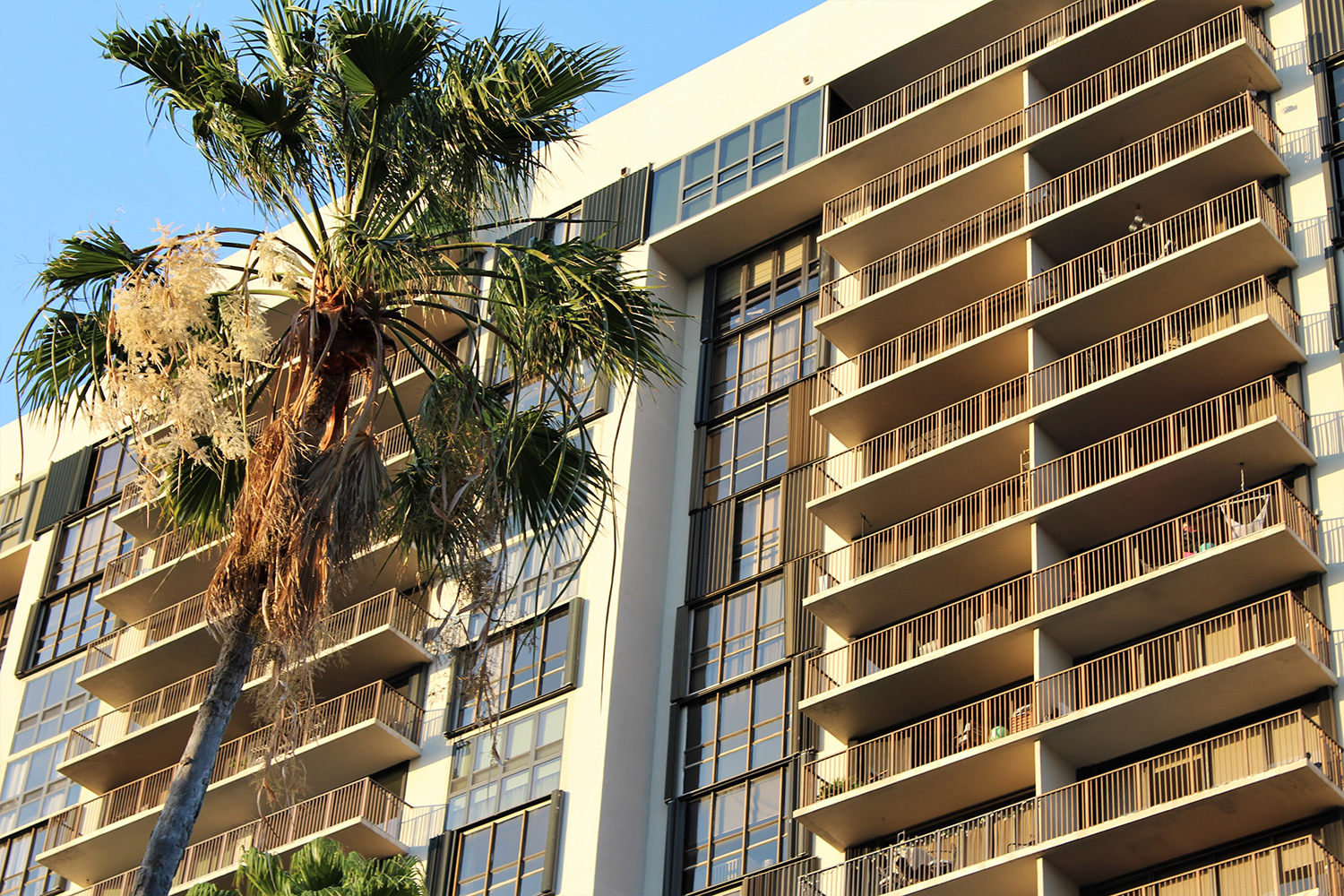Audit Rates of the Wealthy
Recently, Congress began to scrutinize the plummeting audit rates of the nation’s wealthy. In 2010, audit rates for those earning more than $5...
4 min read
Aguiar Cabrera Maceo & Co., LLP : Jun 24, 2022 1:06:28 PM

A large portion of the real estate industry in Florida is made up of condo associations with nearly 2 million Florida residents choosing to reside in condominium units. The Florida legislature recently passed a new law set to take effect in the near future. The law denies condominium associations the ability to waive their duty to collect reserves for the repair and maintenance of the property’s common elements. The bill was passed unanimously by the legislature and signed into law by Governor DeSantis. It goes into effect December 31, 2024.
New Requirements
The law imposes more stringent requirements on condominium associations’ reserves. In addition to the required reserves outlined in the new law, the measure also requires condo boards to conduct reserve studies more frequently to ensure they are financially capable of meeting the needs of structural repairs.
The new law also requires more frequent building inspections. Buildings in South Florida are currently required to pass recertification after 40 years. Under the new law, condo buildings taller than three stories and older than the age of 30, would be subject to inspection every 10 years if the building is not within three miles of the coast. For buildings less than three miles off the coast, inspections would begin 25 years after construction. Furthermore, while a few counties and cities previously required regular inspections of the structural integrity of their condo buildings, the new law will make these inspection requirements statewide.
Implications for Condo Owners
These new requirements increase the responsibilities of the condominium’s board members, making them more vulnerable to lawsuits in the case that the new requirements are not met. While the new law is designed to protect the lives of current and future condo residents, there is fear of the impact of additional reserves on residents. Lawmakers speculate that the new requirements will result in additional fees being imposed on residents. While the additional monthly charges may not amount to much at first glance, it is important to remember that a large majority of condo residents are retired, and the resulting charges are more impactful on their already set aside savings.
Root of the problem
The motivation for this new legislation was primarily the Champlain Towers South collapse in Surfside, FL in June 2021. The collapse came as a surprise to residents and their families as there was no obvious cause or significant weather event that would result in such a collapse. The collapse is known today as one of the deadliest building failures in modern history, and the reason for the collapse has not been positively determined. There is considerable discussion regarding delayed maintenance and repairs to the Tower, with claims that this caused the collapse.
Financial reporting requirements for condominium associations
Since the financial reporting for condominium and homeowner associations is an advanced accounting topic and it is difficult for the board and members of the associations to determine if sufficient reserves are maintained, we anticipate a renewed focus by the State on the financial reporting for condominium associations. Boards and members will rely on experienced certified public accountants to report on the financial stability of the association. Currently, Florida law requires that condominium and homeowner associations prepare annual financial statements as is stated in section 718 and 720 of the Florida code. It reads as follows:
(a) An association that meets the criteria of this paragraph shall prepare a complete set of financial statements in accordance with generally accepted accounting principles. The financial statements must be based upon the association’s total annual revenues, as follows:
1. An association with total annual revenues of $150,000 or more, but less than $300,000, shall prepare compiled financial statements.
2. An association with total annual revenues of at least $300,000, but less than $500,000, shall prepare reviewed financial statements.
3. An association with total annual revenues of $500,000 or more shall prepare audited financial statements.
(b)1. An association with total annual revenues of less than $150,000 shall prepare a report of cash receipts and expenditures.
2. A report of cash receipts and disbursements must disclose the amount of receipts by accounts and receipt classifications and the amount of expenses by accounts and expense classifications, including, but not limited to, the following, as applicable: costs for security, professional and management fees and expenses, taxes, costs for recreation facilities, expenses for refuse collection and utility services, expenses for lawn care, costs for building maintenance and repair, insurance costs, administration and salary expenses, and reserves accumulated and expended for capital expenditures, deferred maintenance, and any other category for which the association maintains reserves.
Florida law also allows associations to waive their reporting requirements pursuant to an annual meeting and vote prior to the end of the fiscal year. However, and especially considering this new law and the importance of reserves for the association, we believe that financial reporting is as important as inspections. Delayed maintenance is usually a result of the association’s financial inability to pay for the maintenance and repairs.
The importance of accurate financial reporting
The accounting for condominium and homeowner associations is different than for a typical business since the association must maintain separate accounting for the operating funds, special assessment funds, and replacement funds. There are special accounting rules on how the association must recognize its revenue and the users of the financial statements have to understand the interaction between the funds and the impact of inter-fund borrowing and transfers. Furthermore, the financial statements require disclosure of the association’s assets, liabilities and fund balances, cash flows, debts, related party transactions, reserves for future major repairs and replacements, income taxes, and numerous other disclosures. These financial statements should be made readily available to any member of the association or necessary third-party user and a Florida Certified Public Accountant should report on all compilations, reviews, and audited financial statements issued by the association. Certified Public Accountants providing audit services in the State of Florida are subject to a peer-review under AICPA standards every three years, and associations hiring new auditors or CPAs should request a copy of the most recent system peer review for any potential CPA firm.
Questions or discussion
A member from our firm would be pleased to discuss the financial reporting requirements of any condominium association with a member of their board or management. We serve many Florida associations and look forward to continuing to help associations to meet their reporting requirements.

Recently, Congress began to scrutinize the plummeting audit rates of the nation’s wealthy. In 2010, audit rates for those earning more than $5...

When workers change jobs and relocate, plan sponsors face several challenges, including locating former employees who have left funds in a qualified...

3 min read
The Consolidated Appropriations Act, 2021 (CAA), which was enacted on December 27, 2020, is mostly known for the $900 billion it provided in...